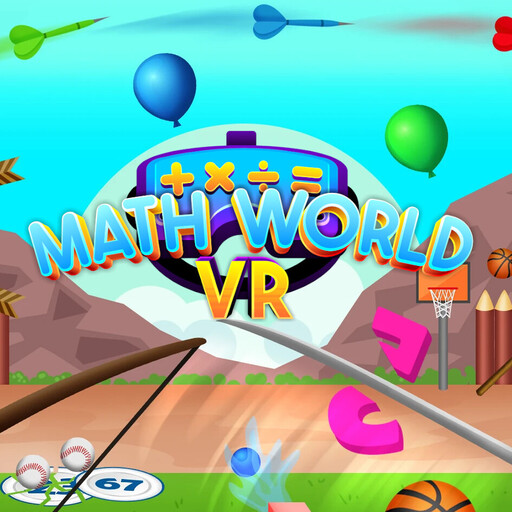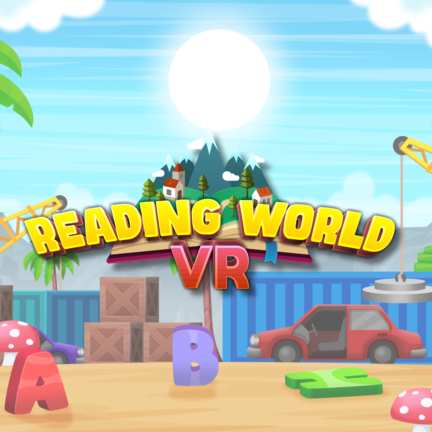In the evolving landscape of education, virtual field trips are emerging as a powerful tool for enhancing learning and engagement. They break down geographical barriers, allowing students to explore the world beyond their classrooms. This article delves into the impact of virtual field trips in education, examining their benefits, challenges, and potential for future learning.
Breaking Down Geographical Barriers
Virtual field trips shatter the confines of geography, granting students access to diverse cultures, environments, and historical contexts. Students in a small town can explore the bustling streets of a foreign city, walk through historical landmarks, or dive into the depths of the ocean, all without leaving their classroom. This global exposure not only enriches their learning experience but also fosters global awareness and cultural sensitivity.
The Role of Virtual Reality in Virtual Field Trips
Virtual Reality (VR) stands at the forefront of technological advancements that are revolutionizing the educational landscape. VR’s immersive nature allows students to explore diverse environments, historical sites, and even outer space with a level of realism and engagement that traditional methods cannot match. Let’s delve into how VR is reshaping the concept of virtual field trips and enhancing educational experiences.
Immersive Exploration
With VR, students use a headset and find themselves transported to a different world. Whether it’s the ruins of ancient civilizations, the depths of the ocean, or the surface of Mars. This immersive exploration fosters a deeper connection to the subject matter. This allows students to experience the environment firsthand, leading to enhanced understanding and retention of knowledge.
Real-Time Interaction
VR enables real-time interaction within the virtual environment. Students can manipulate objects, conduct experiments, and explore intricate details that would be impossible to experience in a traditional classroom setting. This interactive element not only makes learning more engaging but also allows for practical, hands-on experience that is crucial for understanding complex concepts.
Access to Inaccessible Locations
One of the most significant advantages of VR in virtual field trips is the ability to explore inaccessible locations. Students can visit hazardous environments, such as active volcanoes or deep-sea ecosystems, without any risk, providing opportunities for learning that were previously unimaginable. This access breaks down barriers to exploration and knowledge, offering equal learning opportunities to students worldwide.
Enhanced Collaboration
VR also facilitates enhanced collaboration among students and educators. Within the virtual environment, students can work together, share insights, and collaborate on projects or explorations, fostering teamwork, communication, and problem-solving skills. Educators can guide the exploration, providing context and information in real-time, ensuring a comprehensive and informative learning experience.
Accessibility and Inclusivity
Virtual field trips ensure that learning is accessible to all students, regardless of physical or financial constraints. Students who may not have the means to participate in traditional field trips due to disabilities or financial limitations can now enjoy the same learning opportunities as their peers. This inclusivity promotes equality in educational experiences, ensuring all students have the chance to explore and learn beyond the classroom.
Real-World Connections
Virtual field trips allow students to make real-world connections to their learning. They can see the practical application of the knowledge they gain in the classroom. This can help in enhancing their understanding and making the learning more relevant. For instance, a lesson on marine biology comes to life when students can virtually explore coral reefs and marine ecosystems.
Challenges and Considerations
Despite their numerous benefits, virtual field trips are not without challenges. Ensuring all students have access to the necessary technology is a significant concern. Additionally, educators must be adept at navigating and utilizing virtual platforms to facilitate these trips effectively.

The Future of Virtual Field Trips
Looking ahead, the future of virtual field trips in education is bright and filled with endless possibilities. As technology continues to advance at an unprecedented rate, these educational experiences will become more immersive, interactive, and accessible to students and educators worldwide. Virtual Reality (VR) and Augmented Reality (AR) technology will play a significant role in enhancing the virtual field trip experience. They will offer more interactive and realistic explorations that we thought weren’t possible before.
Virtual Field Trips In The Next Few Years
In the coming years, we can anticipate a seamless integration of advanced technologies that will allow students to explore the world. They will be able to interact with the environment, and even potentially communicate with experts or guides in the field remotely. This level of interaction will provide students with a richer, more engaging learning experience. Allowing them to absorb and retain information more effectively.
Providing A Personalized Learning Experience
Moreover, the future of virtual field trips holds the promise of personalized learning experiences. With the help of AI and machine learning, virtual field trips can be tailored to meet the unique needs and interests of each student, ensuring that the learning experience is relevant and engaging for everyone. This personalization will enable students to explore their passions and interests in depth, fostering a love for learning and exploration.
In essence, the future of virtual field trips in education is not just about exploring the world from the comfort of the classroom. It’s about creating equitable, engaging, and personalized learning experiences that inspire curiosity, exploration, and a deep love for learning among students of all ages and backgrounds. The integration of advanced technologies like VR, AR, AI, and machine learning will revolutionize virtual field trips. This can make them a fundamental component of modern education and a key tool for global learning and exploration.
Conclusion
In conclusion, virtual field trips stand as a revolutionary tool in education, offering diverse and inclusive learning experiences. They break down geographical barriers, enhance engagement and learning, and provide real-world context to classroom knowledge. While challenges exist, the continued advancement of technology promises a future where virtual field trips are an integral part of the educational journey, enriching learning and broadening horizons for students worldwide.








